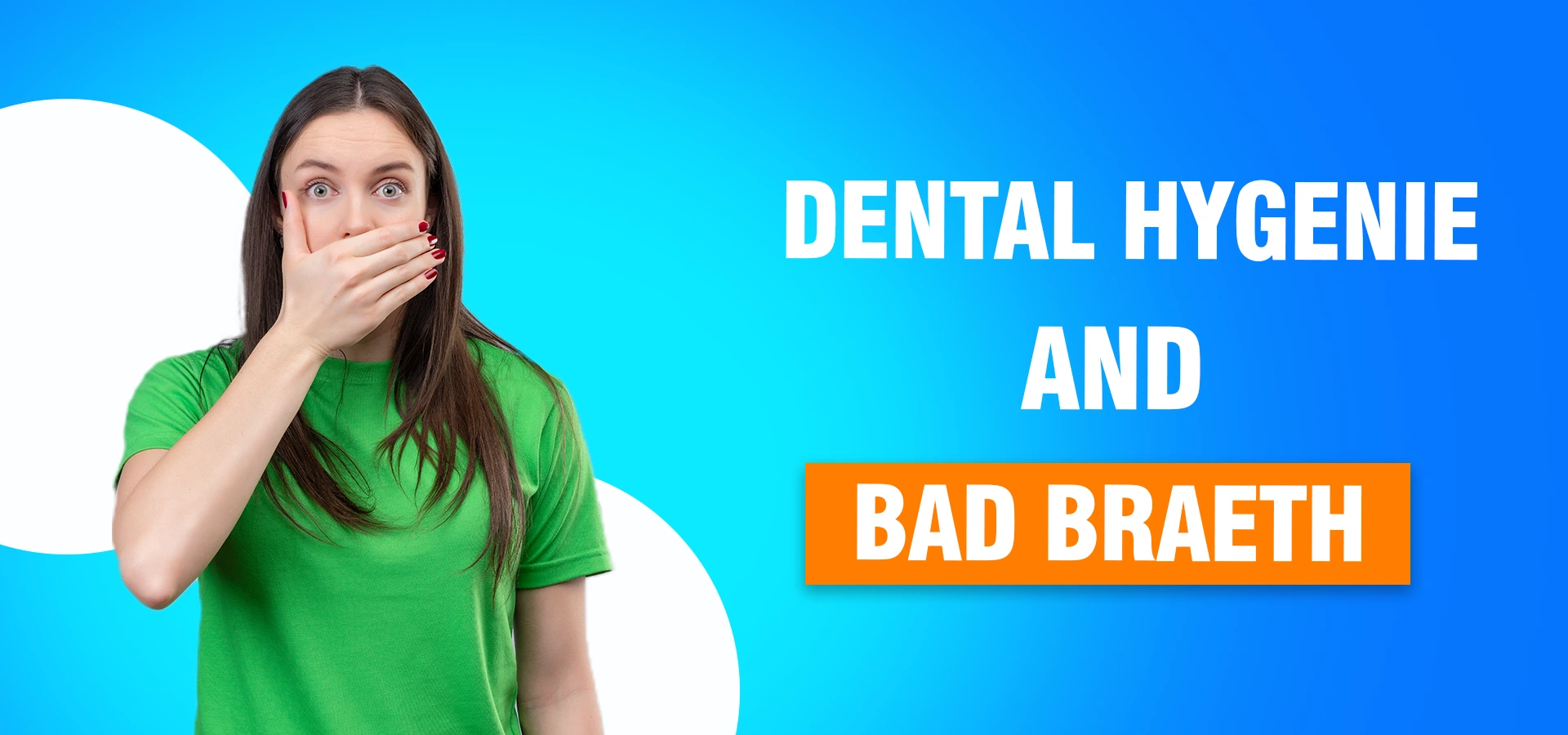


A routine dental hygiene appointment includes taking medical history, dental history, oral examination, measurements of pocket depth, cleaning and polishing followed by topical application of flouride.
Professional teeth cleaning includes removal of plaque, calculus and stains accumulated on the teeth over a certain period, by a certified dental hygienist. Inspite of routine brushing and flossing of teeth, tarter can develop. Professional teeth cleaning is a crucial part of good oral hygiene and is needed routinely to maintain healthy teeth and gums. Most dentists recommend having teeth cleaned professionally every 6-12 months, to reduce the chances of gum disease progression. In between routine cleanings, good oral hygiene at home is very important to prevent the build-up of calculus and gum disease.
Plaque is the sticky, soft film present on teeth that contains millions of bacteria. The bacteria found in plaque is the major cause of gum disease and tooth decay if not removed by daily brushing and flossing, and routine visits to the dentist.
Tarter, or dental calculus, is a hard calcified deposit that forms on the teeth and can lead to their decay.
Dentists use specialized instruments(manual and ultrasonic) to gently remove these deposits without causing any harm to the tooth structure. All dental instruments are put through vigorous washing, disinfection and sterilisation to ensure safety and quality control. The first instrument generally used to clean teeth is an ultrasonic scaler. This device uses mild vibrations to loosen large pieces of tarter. It also sprays cool water to wash away the loose debris. The tips of the ultrasonic instrument are rounded and curved, and kept in constant motion. The device can be set for patient’s comfort. Once the larger pieces of tarter are dislodged, hand-held instruments are used. These hand scalers are designed to eliminate smaller deposits on the teeth and smoothen the tooth surfaces. Each tooth must be scaled individually to ensure that all the tarter is removed. Once the surfaces of the teeth are smooth, polishing is done using a slowspeed handpiece containing a soft rubber cup. Prophylaxis paste, a toothpaste-like solution, is put into the rubber cup.
Fluoride is then applied over the teeth. It is available in a variety of flavors. Fluoride is used to strengthen teeth and protect them from cavities.
Majority of dental patients find routine teeth cleaning to be painless and comfortable. The cooling mist of water, mild vibrations, and the pressure felt during “scraping” does not generally cause discomfort. It’s important to let your hygienist know if you generally experience pain during routine cleaning, so that they can recommend alterative options to make teeth cleaning more comfortable for you. Usually the procedure lasts between 30-60 minutes on average, and is performed in a lying position in a comfortable dental chair. After a professional teeth cleaning procedure, you may notice that your teeth feel better and look brighter. Teeth cleaning procedures are designed for more than just the appearance. Professional teeth cleaning is the primary means of preventing and treating periodontal disease and maintaining oral health.

Bad breath, also known as halitosis, is breath that has an unpleasant odor. In some people, the millions of bacteria that live in the mouth (particularly on the back of the tongue) cause bad breath. The warm, moist conditions of the oral cavity make it an ideal environment for these bacteria to grow. Some types of bad breath, such as morning mouth, are considered to be normal, and are usually are not of concern.
Bad breath caused by dental problems can be prevented easily. Daily brushing of teeth properly, cleaning of tongue and gums after meals, flossing, and rinsing with a mouthwash helps maintain oral hygiene and hence treat halitosis. Regular visits to the dentist (at least twice a year) should be made for dental examinations and for professional cleaning and polishing. Drinking plenty of water every day encourages saliva production, hence treat halitosis. An occasional swish of the mouth with water can loosen food particles. Some other products that keep breath fresh and prevent plaque from forming include sugar-free gum, sugarless lozenges, raw carrots and celery. Book your dental appointment immediately if you have bad breath with painful, swollen gums that bleed easily or loose teeth. Also, visit your doctor if you have bad breath along with a fever, sore throat, a postnasal drip, a discolored nasal discharge or a mucus-producing cough. Even if you have none of these associated symptoms, call your dentist or physician if you continue to have bad breath despite a good diet and proper dental hygiene. If you have diabetes, gastroesophageal reflux disease (GERD) or chronic liver or kidney disease,visit your doctor immediately as bad breath can be a sign that your underlying condition needs immediate medical attention. Once bad breath has been diagnosed, the outlook for fresh breath is usually excellent as long as you stick to your dentists or physician’s treatment plan.